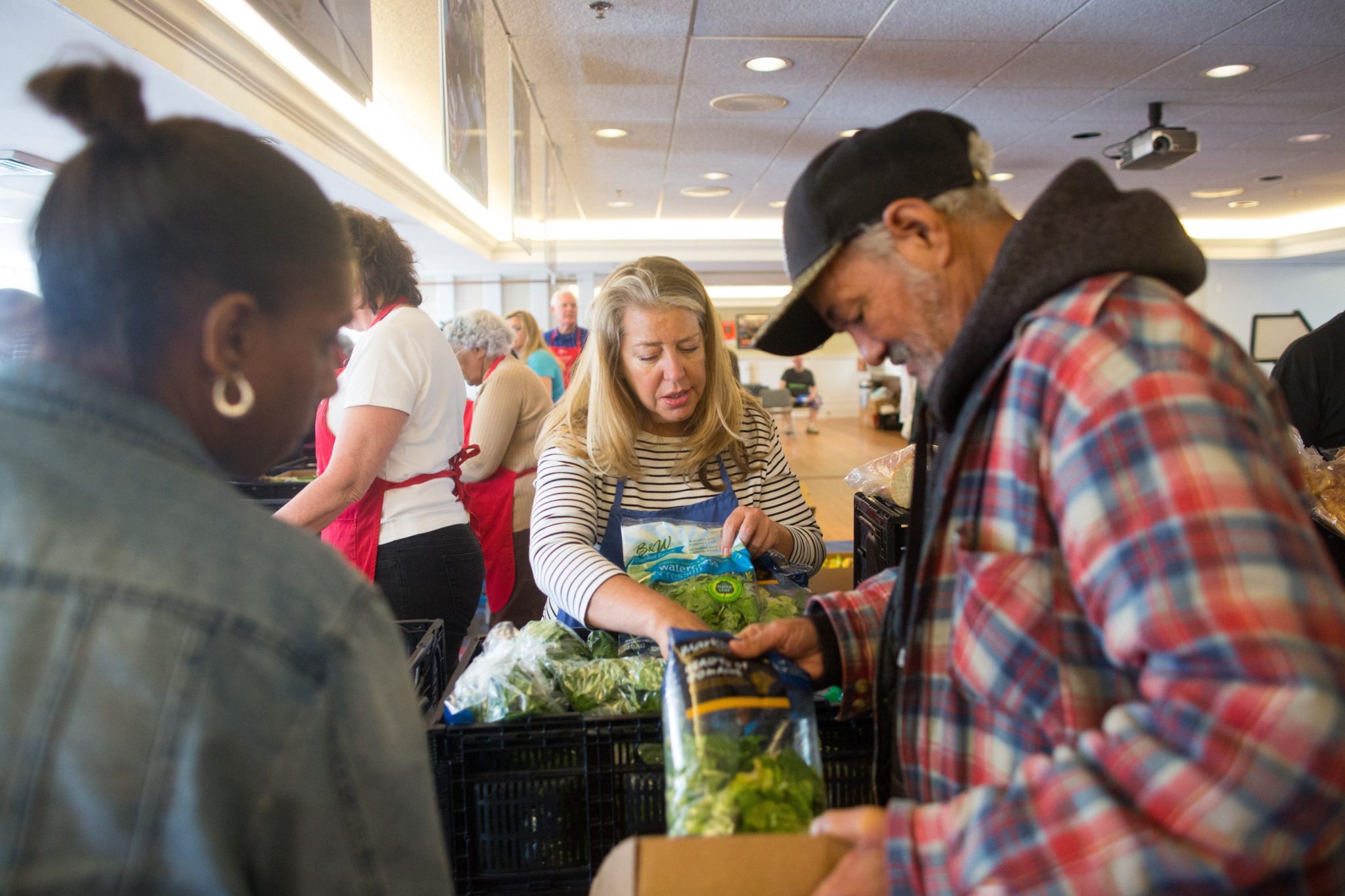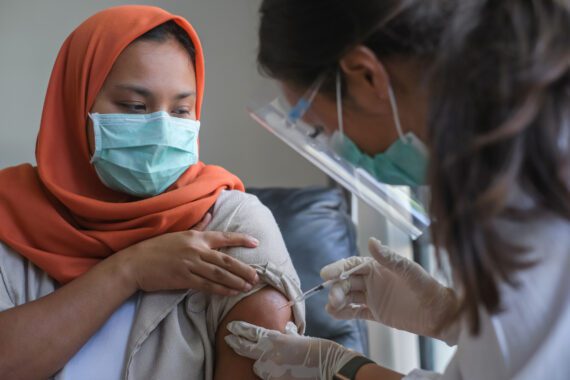Washington, D.C. – New data released by the U.S. Census Bureau shows that the number of people living in poverty last year fell to 39.7 million or 12.3 percent of the U.S. population, which is not a statistically significant reduction from 2016. The report, “Income and Poverty in the United States,” reveals that the median household income has gone up only slightly, but that income is not increasing at all for the poorest Americans.
“This is disappointing news. The conventional wisdom would say that economic growth should reduce the number of people in poverty,” said Rev. David Beckmann, president of Bread for the World. “Sadly, that is not happening now. While people at the top are making more, the incomes of the poorest Americans remain flat or are falling as is the case in African American communities.”
Last week, the U.S. Department of Agriculture released its annual report on food security in the United States. It showed that 40 million people struggled with hunger in 2017. While the numbers are down from the prior year, hunger is still more widespread than it was in 2007 before the recession. Millions of Americans still struggle to put food on the table.
“The poverty and hunger numbers both show that the current economic recovery is not doing much for those who suffer most. Unemployment has declined, but too many people are working low wage jobs,” Beckmann said.
Poverty impacts all communities. But the data continues to show that African Americans, Latinos, and Indigenous communities experience disproportionately higher rates of poverty and hunger, as do female-headed families. Children also suffer from high rates of poverty and hunger.
Safety-net programs moderate poverty and hunger. Yet, the Trump administration and many members of Congress are seeking cuts to these programs.
“Proposals to make deep cuts to and add more work requirements to programs, such as SNAP, will not help people find better jobs. Instead, these proposals will push millions of families deeper into hunger and poverty,” Beckmann said. “If lawmakers want people to pull themselves out of poverty and hunger, Congress should focus on policies that improve job opportunities and address existing inequities for low-income communities, especially African American and Latino communities.”
Bread for the World Institute’s 2018 Hunger Report, The Jobs Challenge: Working to End Hunger by 2030, offers Congress a menu of policies that would improve job opportunities for low-income workers.



